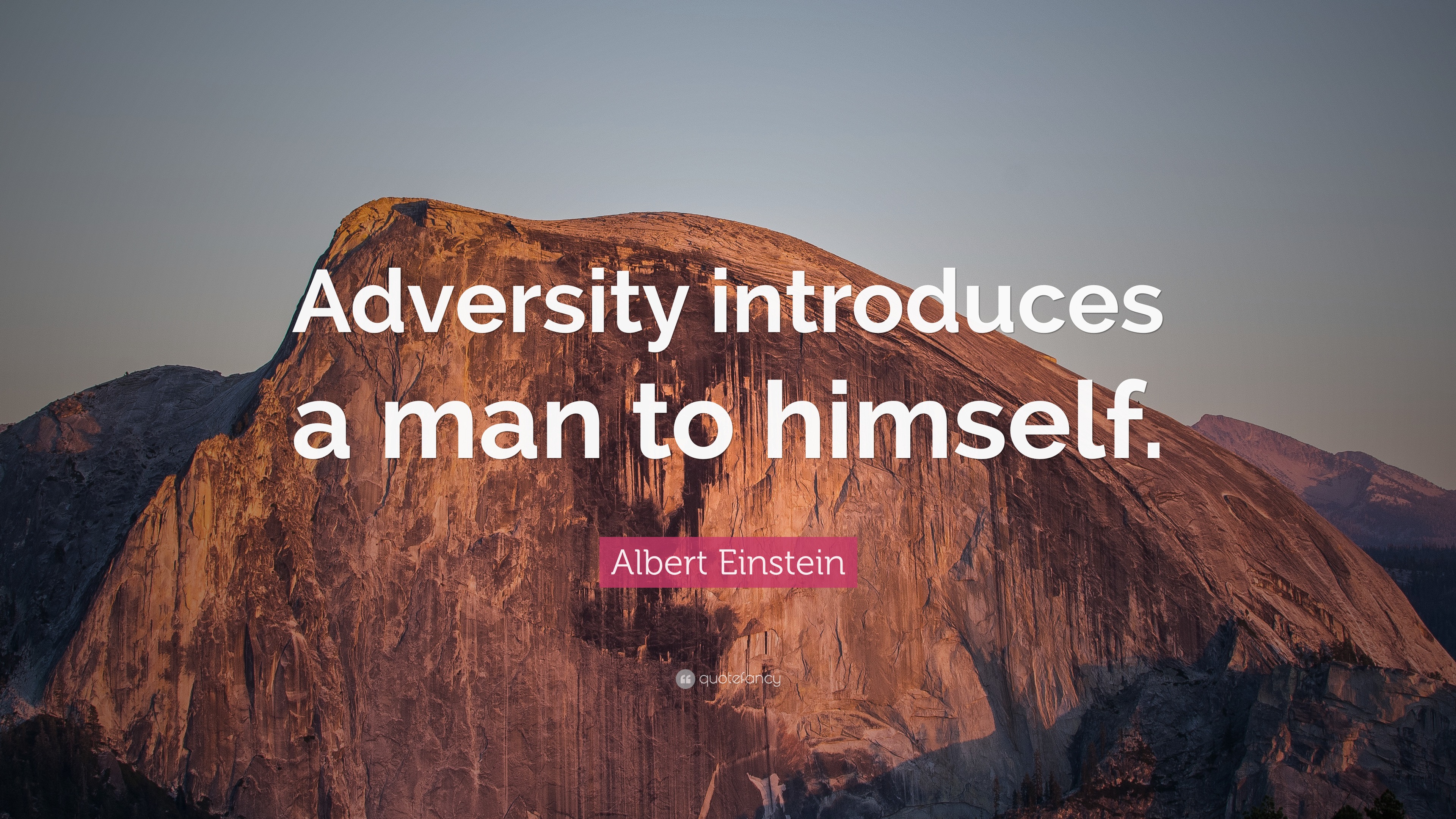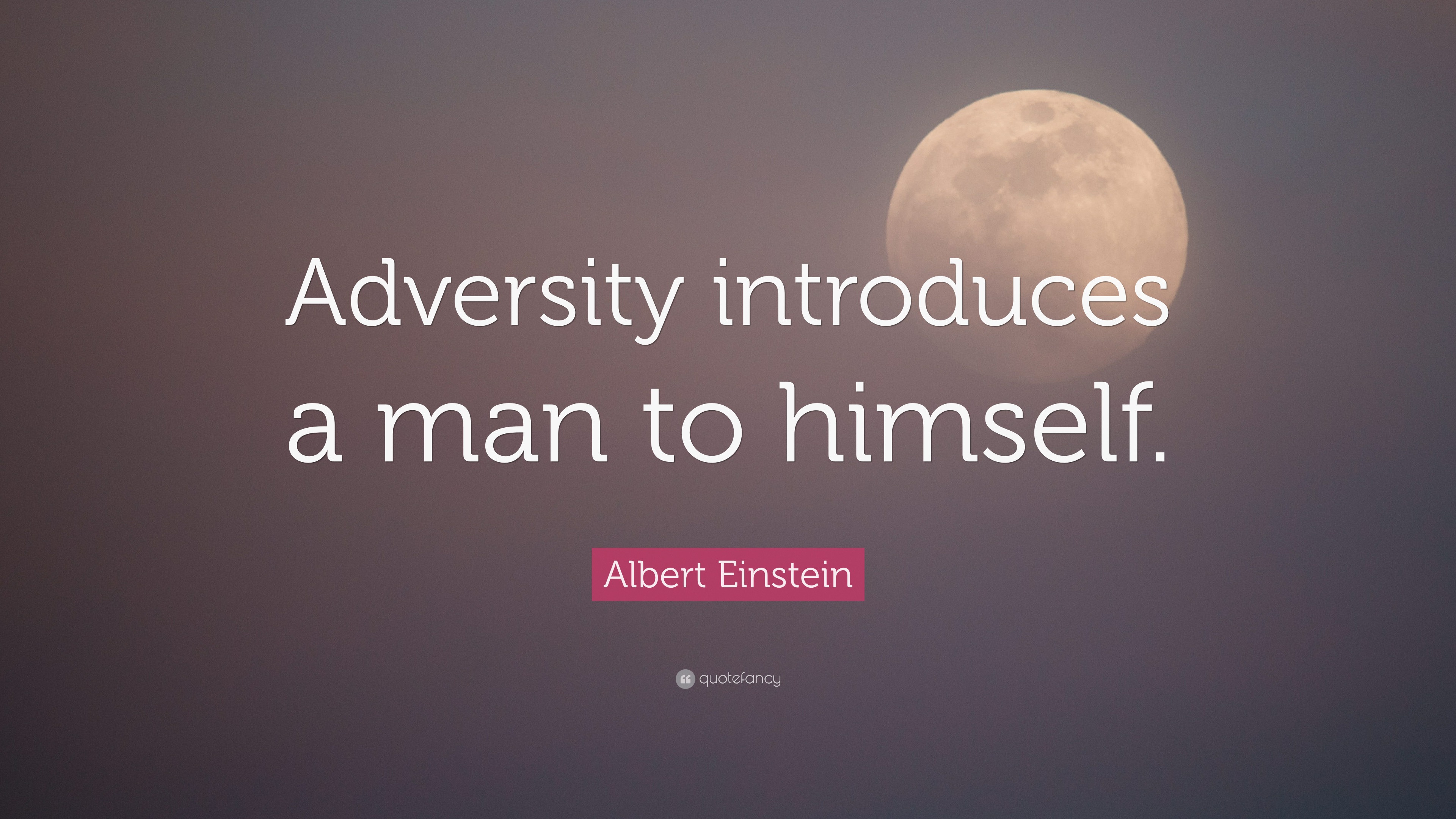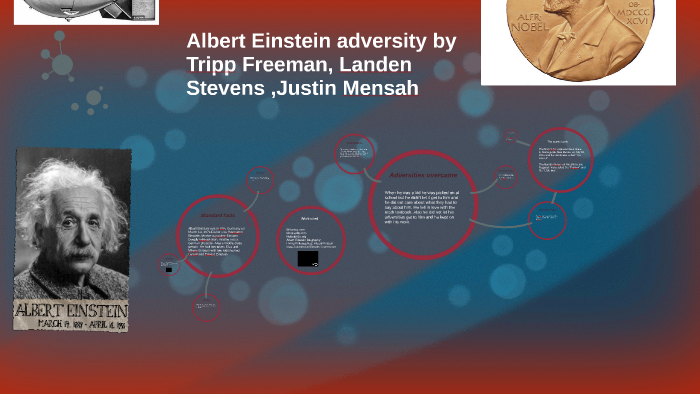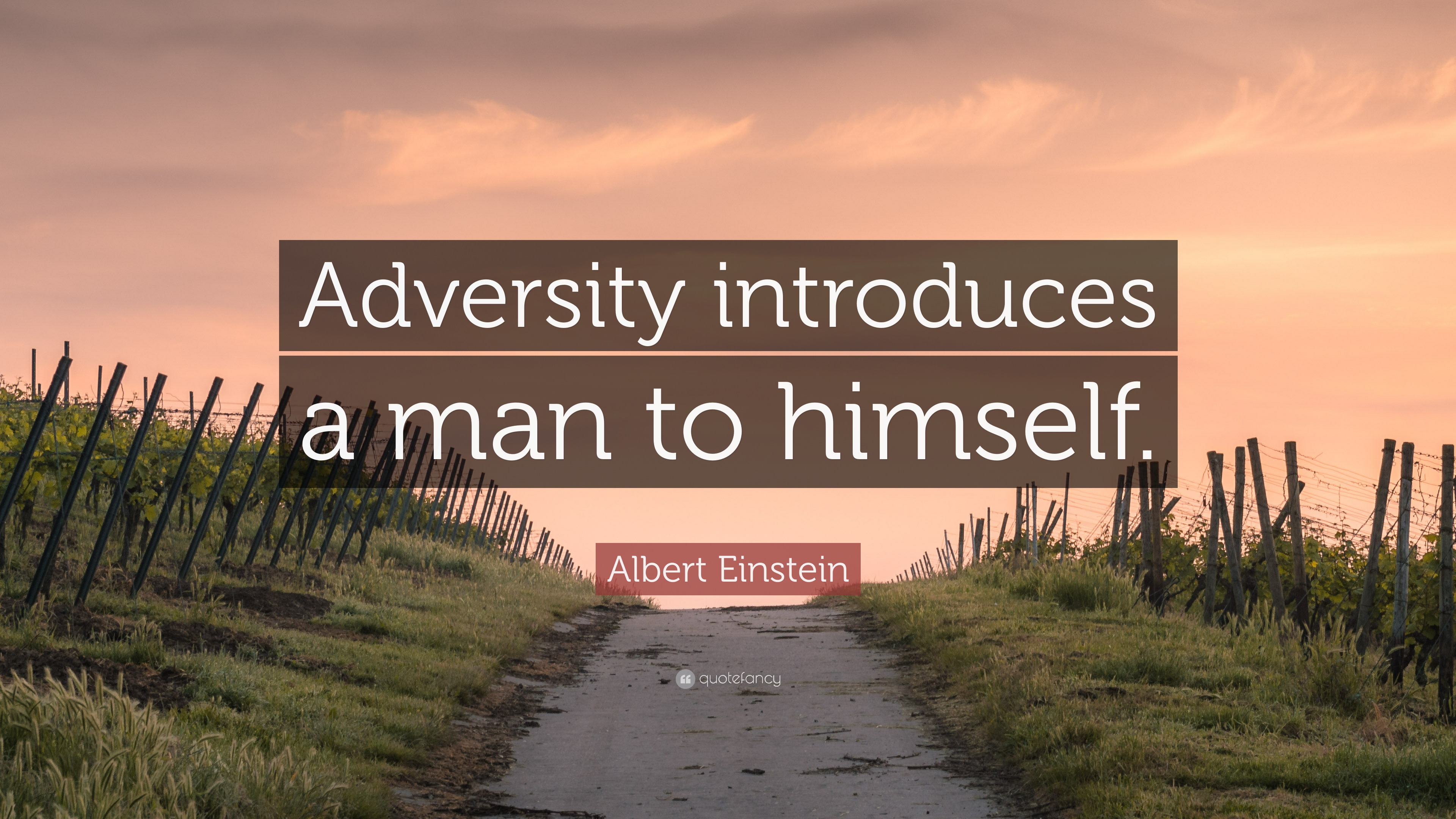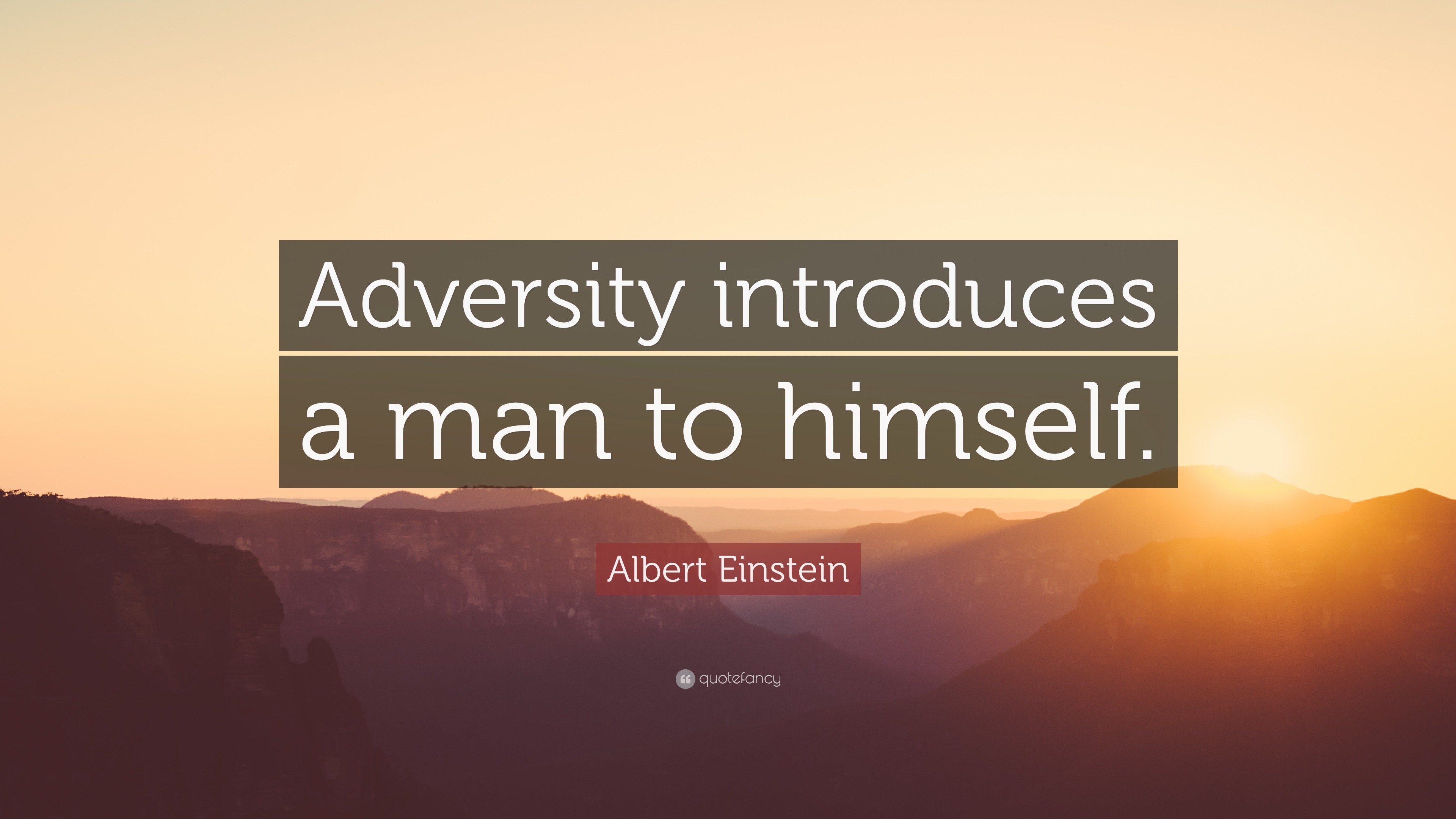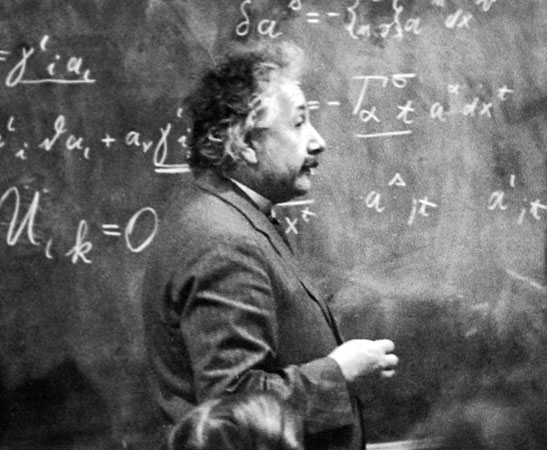Albert Einstein Overcoming Adversity

The name Albert Einstein resonates with genius, a synonym for groundbreaking scientific achievement. Yet, the path to his iconic status was far from smooth, marked by early academic challenges, professional setbacks, and societal prejudice. His story isn't simply one of innate brilliance, but a testament to resilience, perseverance, and the triumph of intellect over adversity.
Beyond the popular image of a quirky genius, lies a narrative of overcoming significant hurdles. This article delves into the struggles faced by Einstein, exploring his difficulties in early education, the initial rejections of his scientific theories, the personal hardships he endured, and the political climate that threatened his life and work. By examining these challenges, we aim to provide a more nuanced understanding of the man behind the legend, highlighting the tenacity that fueled his extraordinary accomplishments.
Early Challenges and Academic Doubts
Einstein's early academic life was not marked by exceptional performance. In fact, he experienced speech delays and difficulties adapting to the rigid, rote learning style prevalent in German schools.
Some historians have even suggested possible learning disabilities, although this remains a topic of debate. His independent thinking and questioning nature often clashed with his teachers, leading to a perception of him as a slow and disruptive student.
His rejection from the Zurich Polytechnic Institute (later ETH Zurich) on his first attempt further fueled doubts about his potential. Although he was eventually admitted, these early experiences instilled in him a sense of self-reliance and a determination to pursue knowledge on his own terms.
The "Miracle Year" and Initial Skepticism
Despite the initial skepticism surrounding his abilities, Einstein experienced a breakthrough in 1905, often referred to as his "Annus Mirabilis" or "Miracle Year". During this year, he published four groundbreaking papers that revolutionized physics, covering topics such as the photoelectric effect, Brownian motion, special relativity, and mass-energy equivalence (E=mc²).
While these papers are now considered foundational to modern physics, they were initially met with resistance and disbelief from the scientific establishment. Many prominent physicists struggled to grasp the radical implications of his theories, particularly special relativity, which challenged fundamental notions of space and time.
It took years of further research and experimental verification by other scientists for Einstein's ideas to gain widespread acceptance, a testament to his unwavering conviction in the face of criticism.
Personal Hardships and Professional Struggles
Einstein's personal life was also marked by challenges. His first marriage to Mileva Marić, a fellow physicist, was fraught with difficulties, and ultimately ended in divorce. This tumultuous relationship coincided with his early career struggles, adding personal stress to his professional anxieties.
Finding a stable academic position proved difficult for Einstein in his early years. He worked as a patent clerk in Bern, Switzerland, a job that, while providing financial stability, did not fully utilize his intellectual capabilities. Despite this, he continued to pursue his scientific research in his spare time, demonstrating his commitment to his passion.
It was only through the recognition and support of a few key physicists, such as Max Planck, that Einstein gradually gained access to more prestigious academic positions, eventually leading to his professorship in Berlin.
Navigating Political Turmoil and Exile
As Einstein's fame grew, so did the political challenges he faced. With the rise of Nazism in Germany, Einstein, being Jewish, became a target of anti-Semitic propaganda and threats. His theories, particularly relativity, were denounced as "Jewish science" by Nazi ideologues.
Recognizing the imminent danger, Einstein renounced his German citizenship in 1933 and emigrated to the United States, accepting a position at the Institute for Advanced Study in Princeton, New Jersey. This decision was a courageous act of defiance against oppression and a testament to his commitment to intellectual freedom.
He remained a vocal advocate for peace and social justice throughout his life, using his platform to speak out against discrimination and injustice, solidifying his legacy as not only a brilliant scientist but also a moral compass.
Legacy of Resilience
Albert Einstein's story is more than just a scientific triumph; it is a powerful illustration of resilience in the face of adversity. His journey from a struggling student to a world-renowned physicist demonstrates the power of perseverance, independent thinking, and unwavering belief in one's abilities.
His experience underscores the importance of challenging conventional norms and questioning established doctrines, even when faced with resistance. Einstein's legacy continues to inspire generations to pursue their passions, overcome obstacles, and strive for a better world, reminding us that true genius often arises from the ashes of adversity.
Looking ahead, Einstein's experiences offer valuable lessons for educators, scientists, and individuals facing their own challenges. By fostering environments that encourage intellectual curiosity, critical thinking, and resilience, we can empower future generations to unlock their full potential and contribute to a world where adversity is seen not as a barrier, but as an opportunity for growth and innovation.

